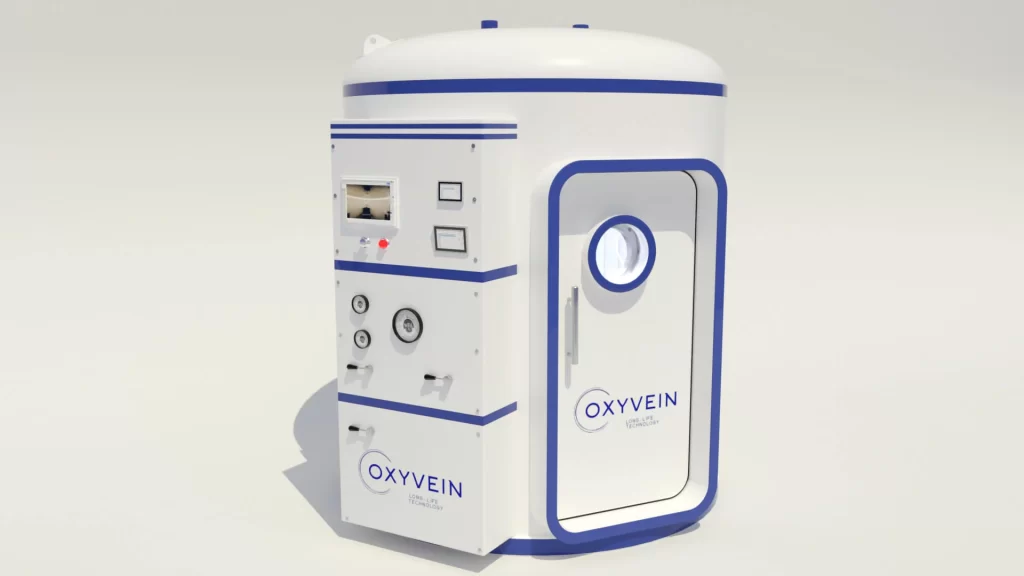
In a rapidly changing world where the boundaries between work and private life are increasingly blurred, mental fatigue is becoming a daily challenge for millions of people. Although it was rarely discussed until recently, mental fatigue is now recognized as a serious problem that can impair quality of life, affect professional performance and increase the risk of various health conditions.
Mental fatigue, or cognitive exhaustion , is a condition that occurs after a prolonged period of intellectual effort, stress, or emotional tension. Unlike physical fatigue, which manifests itself in the muscles, mental fatigue primarily manifests itself through difficulty concentrating, forgetfulness, a feeling of “foggy head,” irritability, and loss of motivation .
People often describe mental fatigue as a feeling of being “overwhelmed” or “nothing is coming in.” Although it can occur in anyone, it is particularly prevalent in those who work in intellectually demanding jobs, students, healthcare professionals, parents of young children, and people who deal with chronic stress.
Although the term mental fatigue itself only began to be used more frequently in the second half of the 20th century, the concept of fatigue associated with mental strain has been known since ancient times . Even ancient physicians, such as Hippocrates and Galen, noticed that emotionally stressed people often suffered from symptoms of exhaustion. During the Industrial Revolution, the term “nervous exhaustion ” was popular among physicians and is used as a precursor to today’s understanding of mental fatigue.
Mental fatigue is not a disease in the classical sense , but it can be a symptom of a number of conditions, including depression, anxiety, burnout, chronic stress, and even neurological diseases. Diagnosis is based primarily on a detailed interview with the patient, during which symptoms, lifestyle, work habits, and sleep quality are taken into account.
Mental fatigue does not choose the season or profession, but it most often occurs during the following periods:
Interestingly, people who ignore signs of physical fatigue for a long time often end up in a state of mental exhaustion, which is much more difficult to recognize and treat.
Statistics show that women are more likely to suffer from mental fatigue , which can be linked to the multiple roles that women often take on — from professional to family. Hormonal fluctuations also play a role, especially during perimenopause, pregnancy, or the postpartum period. However, men often suppress symptoms of mental fatigue for longer, which can lead to later but more pronounced manifestations in the form of anxiety or depression.
Addressing mental fatigue requires a comprehensive, individualized approach. Integrative medicine treats each patient as a whole — taking into account physical, emotional, and mental health, as well as the spiritual dimension.
There are a number of modern and natural therapeutic methods that help restore energy, balance the nervous system, and cognitive regeneration. Some of the most common, which are also used in EO2, are:
It increases oxygen availability in tissues, especially the brain, stimulates neuronal regeneration, reduces inflammation and improves mental clarity. It is ideal for chronic fatigue and “mental fog”.
An innovative combination of guided hypnotherapy and multisensory stimulation. It works deeply on unconscious stress patterns and enables rapid achievement of a state of inner peace. It is recommended for mental overstrain and emotional exhaustion.
Using red and infrared light, it boosts cellular energy (ATP), reduces inflammation, and supports brain function. A non-invasive therapy that improves concentration, mood, and mental stamina.
Medical ozone acts as a powerful modulator of oxidative stress and improves microcirculation, which is essential for optimal brain function. Ozone therapy also stimulates the immune system and reduces inflammatory processes that may be associated with chronic fatigue.
A fast and effective method of replenishing nutrients directly into the bloodstream. Infusions with high doses of B-complex vitamins, vitamin C, magnesium and amino acids help restore energy reserves, improve the functioning of the nervous system and accelerate recovery from mental exhaustion.
Individual or group therapy is essential for understanding the emotional causes of mental fatigue and developing coping strategies. A combination of physical and psychological therapies often yields the best results.
Mental fatigue is not a sign of weakness, but a signal from the body and mind that it is time to slow down and change. In a time when rest is increasingly demanded and less forgiving, it is important to learn to recognize the limits of one’s own capacities. Integrative medicine, in synergy with advanced therapies such as hyperbaric oxygen therapy, offers an effective path to recovery and rediscovering inner balance.
If you feel like your concentration is weakening, your thoughts are becoming blurry, and everyday tasks are becoming increasingly difficult — stop. Contact the experts. Mental health is the foundation of your overall health.
Note: This content is for informational purposes only and does not constitute medical advice or replace consultation with a professional healthcare professional.
Contact phone
Mobile phone

The first and only medical device of its kind in Croatia – this chamber represents the pinnacle of efficiency and comfort in therapy. It is designed to support the treatment of complex health conditions, as well as to enhance the body’s resilience and endurance.
Starting next month, you can personally experience its benefits and recommend it to those who matter most to you.